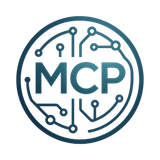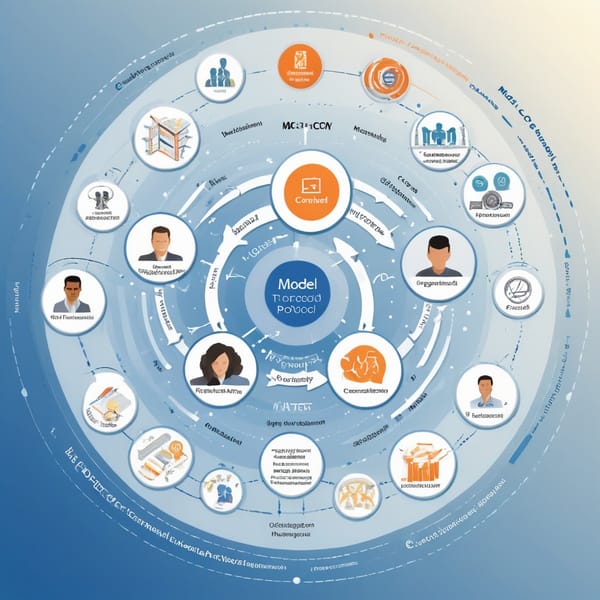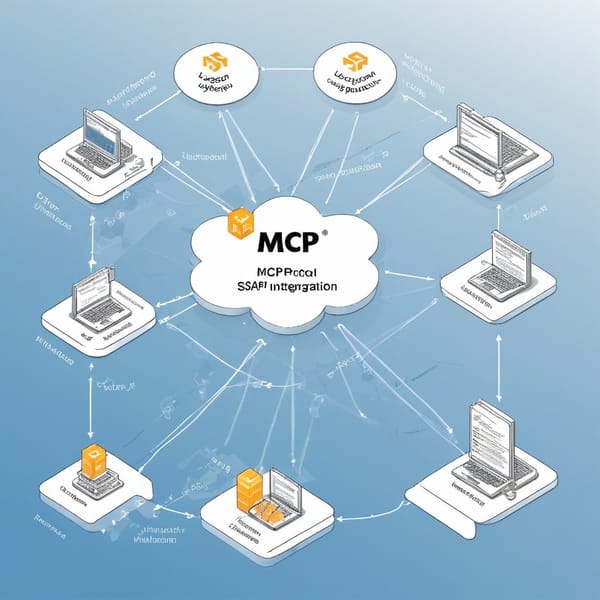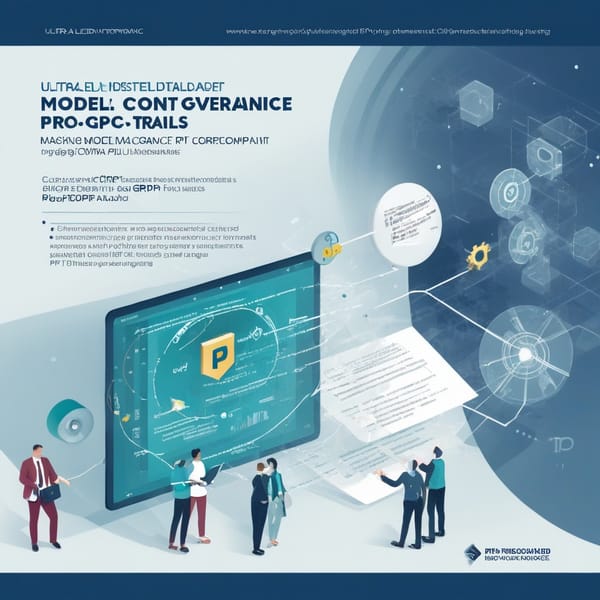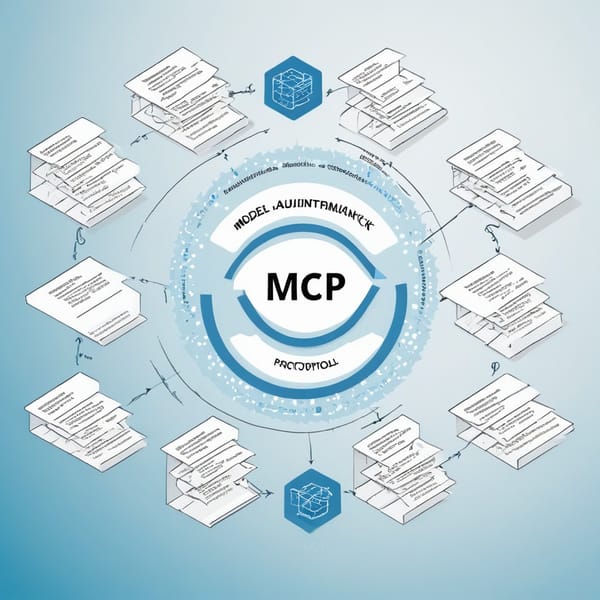Case Study: MCP Pharma Logistics – Cold Chain Monitoring with IoT Sensors & Blockchain Audit Tools
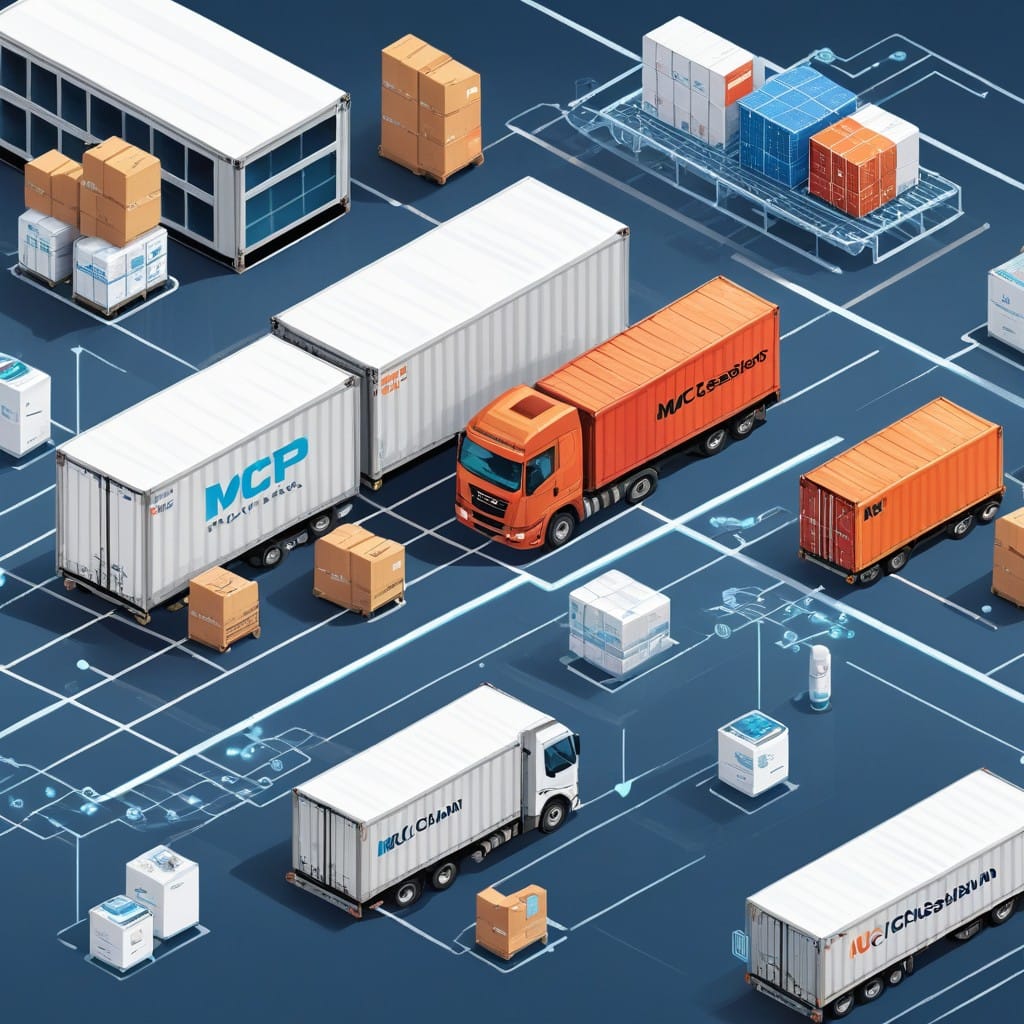
Project Overview
The Model Context Protocol (MCP) Pharma Logistics project was designed to address critical challenges in pharmaceutical cold chain logistics. Ensuring the integrity of temperature-sensitive drugs during transit is paramount, as even minor deviations can render medications ineffective or unsafe. Traditional monitoring systems often lack real-time visibility, tamper-proof data logging, and seamless auditability.
MCP Pharma Logistics introduced an advanced IoT + Blockchain solution, combining resource nodes (IoT sensors for temperature tracking) with blockchain-based audit tools to create an immutable, transparent, and automated cold chain monitoring system. This innovation enhanced compliance, reduced spoilage risks, and improved supply chain efficiency for pharmaceutical distributors.
Challenges
Pharmaceutical logistics face several critical challenges:
- Temperature Excursions – Even brief exposure to incorrect temperatures can compromise drug efficacy.
- Manual Monitoring & Human Error – Traditional methods rely on spot checks, leading to gaps in data.
- Lack of Real-Time Alerts – Delayed notifications mean corrective actions are often too late.
- Data Tampering Risks – Paper logs or centralized digital records can be altered, raising compliance concerns.
- Regulatory Compliance – Strict FDA, WHO, and EU GDP guidelines require end-to-end traceability.
Without a reliable, automated, and auditable system, pharmaceutical companies risk financial losses, regulatory penalties, and reputational damage.
Solution
MCP Pharma Logistics deployed a protocol-managed IoT and blockchain solution to ensure end-to-end cold chain integrity:
1. IoT Resource Nodes for Real-Time Temperature Monitoring
- Wireless Sensors – Embedded in packaging to continuously track temperature, humidity, and location.
- Edge Computing – Local data processing to reduce latency and ensure functionality even with connectivity gaps.
- Automated Alerts – Instant notifications via SMS/email if thresholds are breached, enabling rapid intervention.
2. Blockchain for Immutable Audit Trails
- Smart Contracts – Automatically validate temperature logs against compliance rules.
- Decentralized Ledger – Tamper-proof records stored on blockchain, accessible to regulators and stakeholders.
- Automated Reporting – Compliance documentation generated in real-time, reducing administrative overhead.
3. Protocol-Managed Data Flow
- MCP Framework – A standardized protocol ensured interoperability between IoT devices, cloud platforms, and blockchain networks.
- Decentralized Governance – Stakeholders (manufacturers, logistics providers, regulators) could verify data without a central authority.
This combination of IoT + Blockchain + Protocol Governance created a trustless, transparent, and efficient cold chain monitoring system.
Tech Stack
The project leveraged cutting-edge technologies:
Hardware
- IoT Sensors – Bluetooth/Wi-Fi-enabled temperature and humidity loggers with GPS.
- Edge Gateways – On-premise devices for data aggregation and preprocessing.
Software & Protocols
- Blockchain – Hyperledger Fabric for permissioned, enterprise-grade audit trails.
- Smart Contracts – Automated compliance checks and reporting.
- Model Context Protocol (MCP) – Standardized data exchange between IoT, cloud, and blockchain layers.
- Cloud Platform – AWS IoT Core for scalable data ingestion and analytics.
Data & Security
- Zero-Knowledge Proofs (ZKPs) – Privacy-preserving validation for sensitive data.
- IPFS (InterPlanetary File System) – Decentralized storage for large datasets.
Results
The implementation of MCP Pharma Logistics delivered measurable improvements:
1. Reduced Drug Spoilage
- >99% Data Accuracy – Eliminated manual logging errors.
- >30% Reduction in Temperature Excursions – Real-time alerts allowed proactive adjustments.
2. Enhanced Compliance & Audit Efficiency
- Automated Regulatory Reporting – Cut audit preparation time by 80%.
- Immutable Records – No disputes over data integrity with blockchain verification.
3. Operational Cost Savings
- Lower Insurance Premiums – Reduced risk led to better rates.
- Fewer Product Recalls – Minimized losses from spoiled shipments.
4. Improved Stakeholder Trust
- Transparent Supply Chain – Manufacturers, distributors, and regulators had real-time visibility.
- Faster Dispute Resolution – Blockchain records provided indisputable proof in liability cases.
Key Takeaways
- IoT + Blockchain is a Game-Changer for Pharma Logistics – Combining real-time monitoring with tamper-proof audit trails ensures compliance and reduces risk.
- Protocol Standardization is Critical – MCP enabled seamless interoperability between devices, cloud, and blockchain layers.
- Automation Reduces Costs & Errors – Smart contracts and real-time alerts minimize human intervention.
- Regulatory Compliance Made Easier – Blockchain-based documentation simplifies audits and inspections.
- Scalable Beyond Pharma – The same framework can apply to food logistics, vaccines, and other temperature-sensitive supply chains.
Conclusion
The MCP Pharma Logistics project demonstrated how IoT sensors, blockchain, and protocol governance can revolutionize cold chain monitoring. By ensuring real-time visibility, data integrity, and automated compliance, this solution set a new standard for secure and efficient pharmaceutical logistics. Future expansions could integrate AI-driven predictive analytics and decentralized identity (DID) for even greater supply chain resilience.
For enterprises seeking end-to-end cold chain assurance, this model provides a proven, scalable, and future-proof approach.
